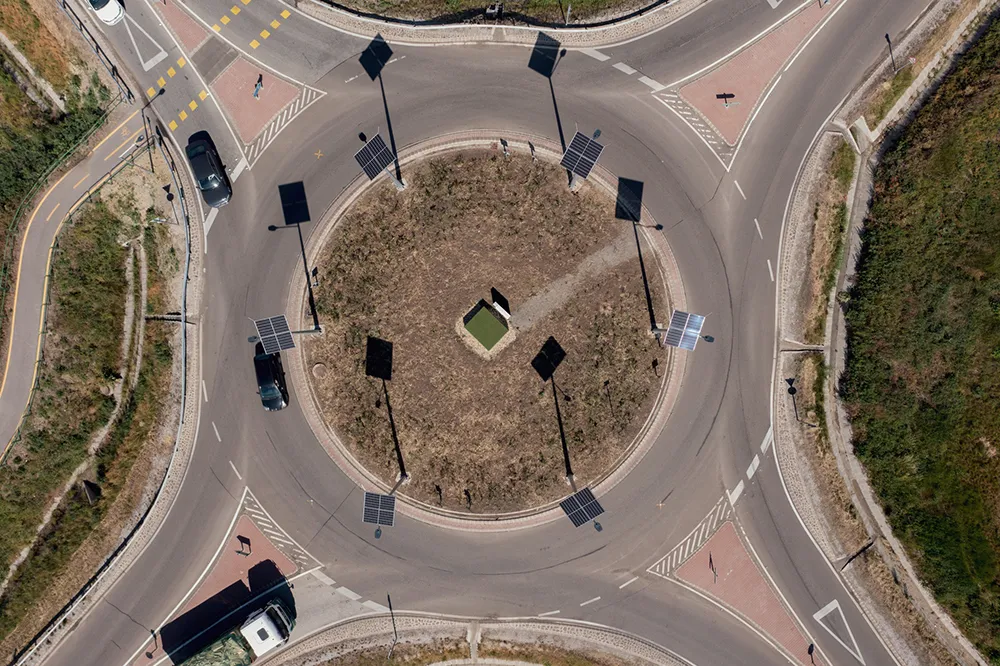By turning itself into one huge Living Lab for Smart Charging of electric vehicles, the Netherlands aims to become the international frontrunner for smart charging EVs, using them to store peak solar and wind power production. Already 325 municipalities, including Amsterdam, Rotterdam, Utrecht and The Hague, have joined the Dutch Living Lab Smart Charging project, representing 80 per cent of all public charging stations. It is also supported by the Dutch government and has been joined by some The New Motion
October 18, 2016
Read time: 2 mins
By turning itself into one huge Living Lab for Smart Charging of electric vehicles, the Netherlands aims to become the international frontrunner for smart charging EVs, using them to store peak solar and wind power production. Already 325 municipalities, including Amsterdam, Rotterdam, Utrecht and The Hague, have joined the Dutch Living Lab Smart Charging project, representing 80 per cent of all public charging stations. It is also supported by the Dutch government and has been joined by some The New Motion and EV-Box EV charging companies.
The Living Lab Smart Charging is an open platform where small and large companies, universities, local and regional governments and grid operators cooperate on a three step program.
Step 1 is to make as many charging stations as possible ready for Smart Charging. An upgrade operation is now taking place across the country to ensure existing charging stations will be technically able to facilitate smart charging. All new stations are already smart charging ready.
Step 2 uses those stations for smart charging research and testing, such as the app by Jedlix which allows users to earn money by using technology to charge a car in the middle of the night when the wind is still producing power but there is little demand for the power. In Utrecht, Renault is testing 'vehicle to grid' charging, using an electric car with solar panels as storage to put power back into the grid when the sun goes down.
Step 3 puts all the innovation, tests and research findings into international standards, with the ultimate goal of all electric cars driving on solar and wind power.
The Living Lab Smart Charging is an open platform where small and large companies, universities, local and regional governments and grid operators cooperate on a three step program.
Step 1 is to make as many charging stations as possible ready for Smart Charging. An upgrade operation is now taking place across the country to ensure existing charging stations will be technically able to facilitate smart charging. All new stations are already smart charging ready.
Step 2 uses those stations for smart charging research and testing, such as the app by Jedlix which allows users to earn money by using technology to charge a car in the middle of the night when the wind is still producing power but there is little demand for the power. In Utrecht, Renault is testing 'vehicle to grid' charging, using an electric car with solar panels as storage to put power back into the grid when the sun goes down.
Step 3 puts all the innovation, tests and research findings into international standards, with the ultimate goal of all electric cars driving on solar and wind power.









